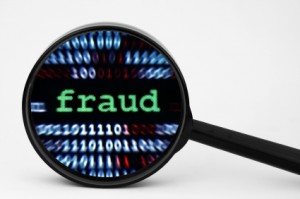 As a Colorado Springs bankruptcy attorney, it’s not unusual for me to represent people who have had judgments entered against them. Most of the time the judgments will be discharged in the bankruptcy, but judgments based on certain specific circumstances may not be discharged.
As a Colorado Springs bankruptcy attorney, it’s not unusual for me to represent people who have had judgments entered against them. Most of the time the judgments will be discharged in the bankruptcy, but judgments based on certain specific circumstances may not be discharged.
If you’re considering filing for bankruptcy here in Colorado Springs and a judgment is entered against you where the plaintiff claims you have committed a fraudulent act, that judgment will probably not be discharged.
What is a fraudulent act? The intentional use of deceit, a trick or some dishonest means to deprive another of his/her/its money, property or a legal right.
That’s why it’s always important, if you’ve been sued, to read the allegations in the plaintiff’s complaint. If there is an allegation of fraud, it is important that you not let a judgment be entered against you in that case. If a judgment is entered against you in that case, it is unlikely that the bankruptcy court will be able to overrule that judgment. The reason is that the bankruptcy court will not “re-decide” an issue that has already been decided by another court.
In the great majority of bankruptcy cases that I file for clients here in Colorado Springs, judgments are not a problem. They will be discharged. The reason is that most collection cases are only focused on establishing that the debt is owed. So, if the credit card company or collection agency gets a judgment against you, it’s usually based only on your having failed to pay the amount that they claim is due. There is typically no allegation of fraud in those cases.
So, if you have been sued, it’s important that you seek the advice of an attorney as soon as possible. That way, if there is an allegation of fraud in the complaint, you can get your bankruptcy case filed before a judgment is entered against you. That will greatly improve your chances of having that debt discharged.